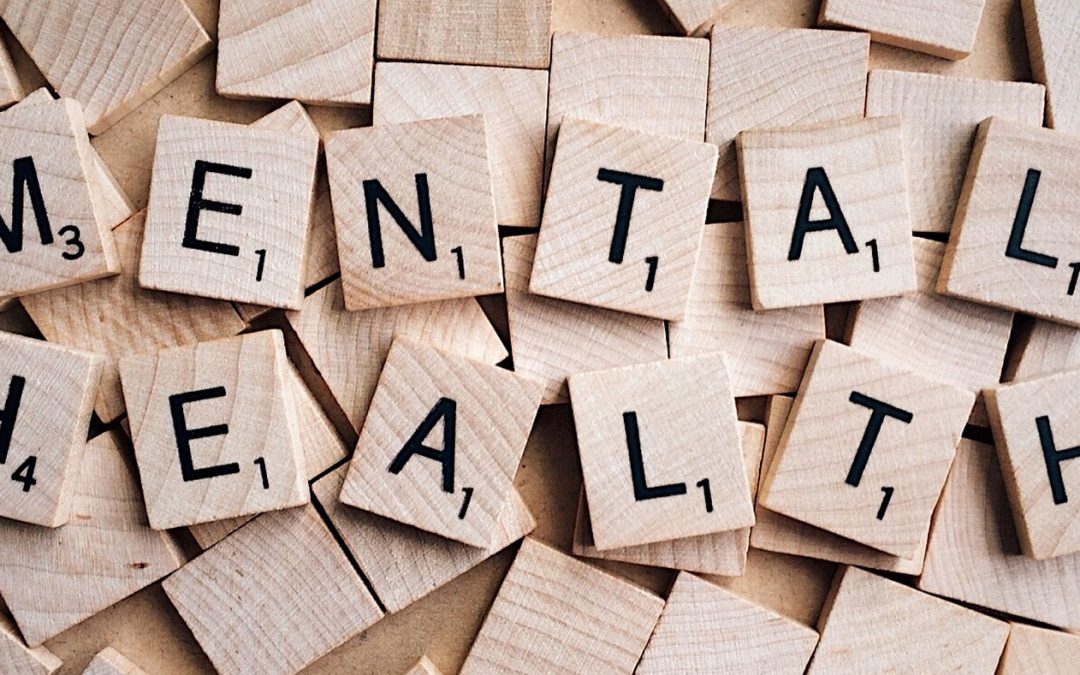Mental Health Responders
Human resources • Industry matters
 In early October Ground & Water Engineer, Alex Stratford, was asked to attend the St John’s Ambulance run Mental Health First Aider training course. He was both intrigued and apprehensive about the content of course. As someone who has previously suffered with his own mental health, Alex was hoping the course would give him the skills to recognise others who maybe suffering with theirs and the tools and confidence help them. He can say with complete confidence that the course absolutely did!
In early October Ground & Water Engineer, Alex Stratford, was asked to attend the St John’s Ambulance run Mental Health First Aider training course. He was both intrigued and apprehensive about the content of course. As someone who has previously suffered with his own mental health, Alex was hoping the course would give him the skills to recognise others who maybe suffering with theirs and the tools and confidence help them. He can say with complete confidence that the course absolutely did!
Alex says…
The awareness of mental health has become increasingly important over the last few years and especially during the COVID pandemic, which affected so many people globally. It is estimated that one in every four people will be affected by a mental health problem in their lifetime.
So what is mental health?
The World Health Organization defines mental health as “a state of well-being in which every individual realises his or her own potential, can cope with the normal stresses of life, can work productively and fruitfully and is able to make a contribution to his or her community”.
 There are many factors that can affect a person’s mental health including age, biological factors (genetics/hormones), life experiences, family history and alcohol and drug misuse. The course showed us that mental health can be viewed as a continuum, where we (people) can move up and down that scale. This was important to see as mental health can change us for both the good and the bad. This can be a sliding scale and it was important to look at, and potentially recognise in yourself, where you are on that scale. And as mental health first aiders in training… where others maybe as well.
There are many factors that can affect a person’s mental health including age, biological factors (genetics/hormones), life experiences, family history and alcohol and drug misuse. The course showed us that mental health can be viewed as a continuum, where we (people) can move up and down that scale. This was important to see as mental health can change us for both the good and the bad. This can be a sliding scale and it was important to look at, and potentially recognise in yourself, where you are on that scale. And as mental health first aiders in training… where others maybe as well.
A major part of the course was looking to support those who maybe suffering from mental health episodes, conditions and/or crisis. This was rather challenging! One key part of this was to listen to a person who may come forward to discuss these matters. The most important part here, was not to empathise with them by saying “I know how you feel”. It’s a simple comment and one that most people would say to try and reassure someone or feel empathy. But it’s actually not helpful! You don’t know how that person is feeling. Only that person knows how they feel.
One thing that was a big topic of discussion was the misconceptions and stigma surrounding mental health. Mental health conditions are under reported due to the fear of asking for help and in one survey 50% of employees felt too embarrassed to tell their employers about a mental health condition. Some topics have become so trivialised, comments that are often thrown about include: “I feel a bit depressed”, “that’s a bit OCD”, “you’re a bit manic”. These comments may not mean to cause offense, but could be very hurtful to those people who may actually be suffering with those mental health conditions.
So what is the role of a Mental Health First Aider?
- Making staff aware of the Mental Health Responders. Use identity badges, list staff as mental health first aiders, change email signatures.
- Create awareness in the workplace. Display posters, email campaigns, social media, staff meetings, staff training, inclusion with workplace polices.
- Use active listening skills. Observe body language and behaviors, listening to what’s being said.
- Being non-judgmental. Not making judgements about someone, treating everyone with respect, treating everyone with courtesy.
- Being a point of contact for employees’ needs. Being available for colleagues
- Respond to whistleblowing. Follow the policy and procedures of the workplace if whistleblowing is disclosed.
- Advise colleagues on the type of support available. Advise appropriate support within the organisation and through appropriate referrals to other professions.
- Liaise with the mental health first aider. Develop a professional relationship with the mental health first aider, seek advice where appropriate.
So what next?
The course has taught me so much, not just about my own mental health but potentially helping others with theirs. It’s such a big topic of discussion with the stresses and strains of daily life, including work.
I hope colleagues at Ground & Water will feel confident and comfortable enough talking to me and the other mental health first aider in the company, Alice Tettmar, if they have anything they wanted to discuss. Part of the first steps that a caring and compassionate company like Ground & Water will do is provide the skills to people to help others and make them feel comfortable enough and confident enough that they can approach other people if they require it.
Having completed the course, I would say that all employers should be looking at training people within their own companies. I would also like to thank St John’s Ambulance for such a great training course.
Links to some mental health charities and organisations that can offer additional help:
https://www.together-uk.org/ https://www.easthantsmind.org/ https://www.mind.org.uk/
https://www.rethink.org/ https://mentalhealth-uk.org/
Ground & Water goes the extra mile to ensure its team is at the top of its game both professionally and personally. This means you will be working with a top team who deliver on time, on budget and work with you to get your projects approved.

